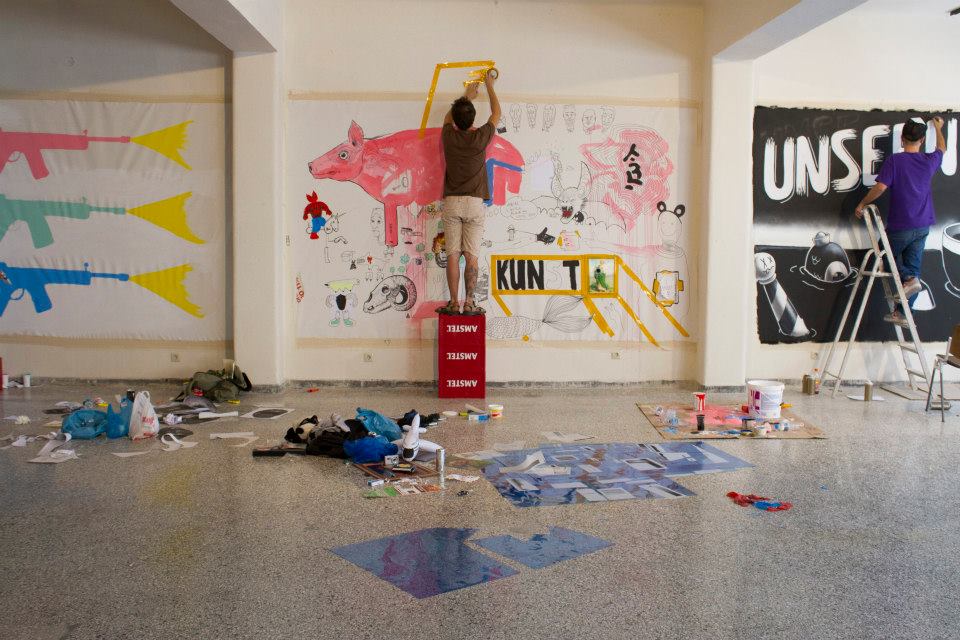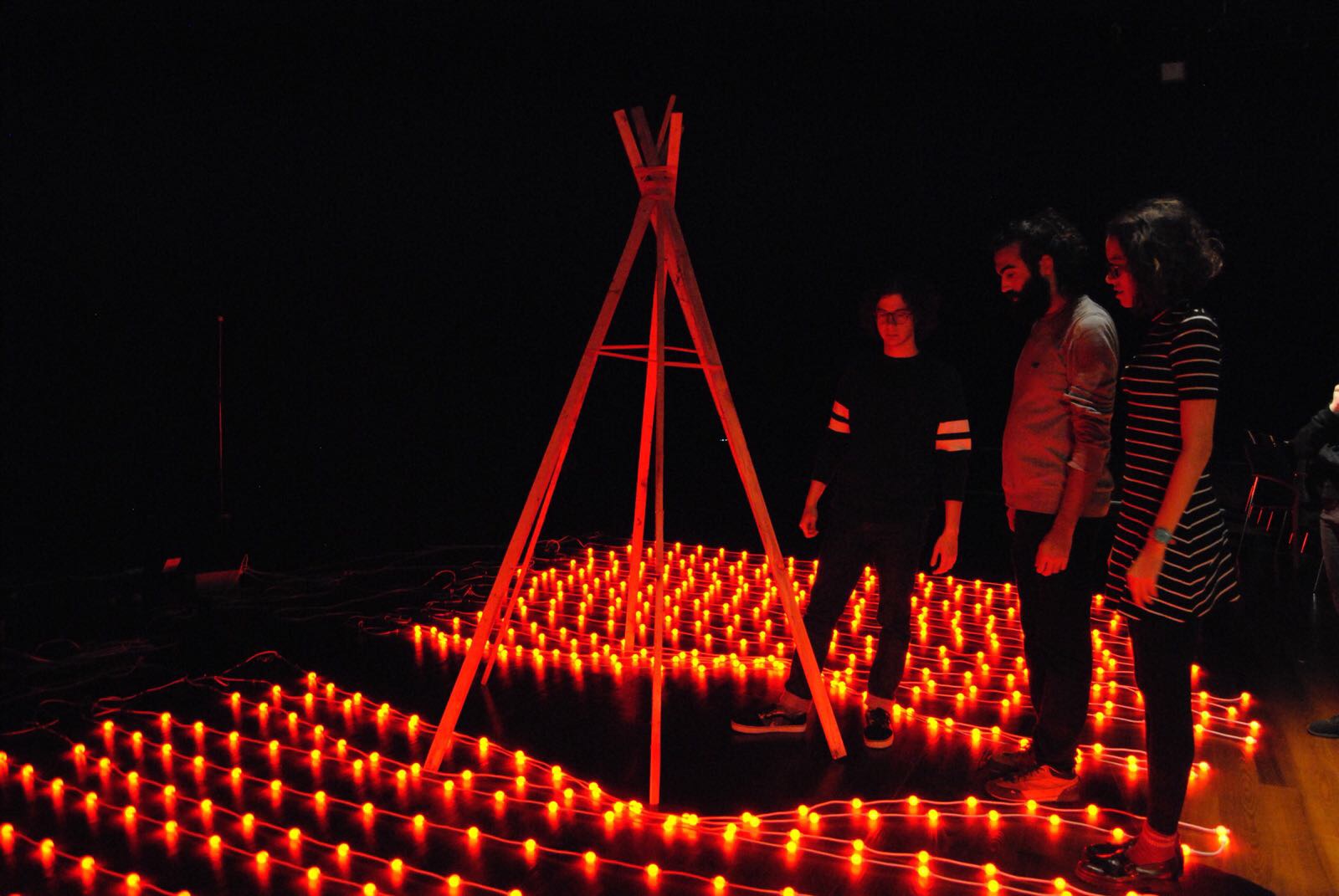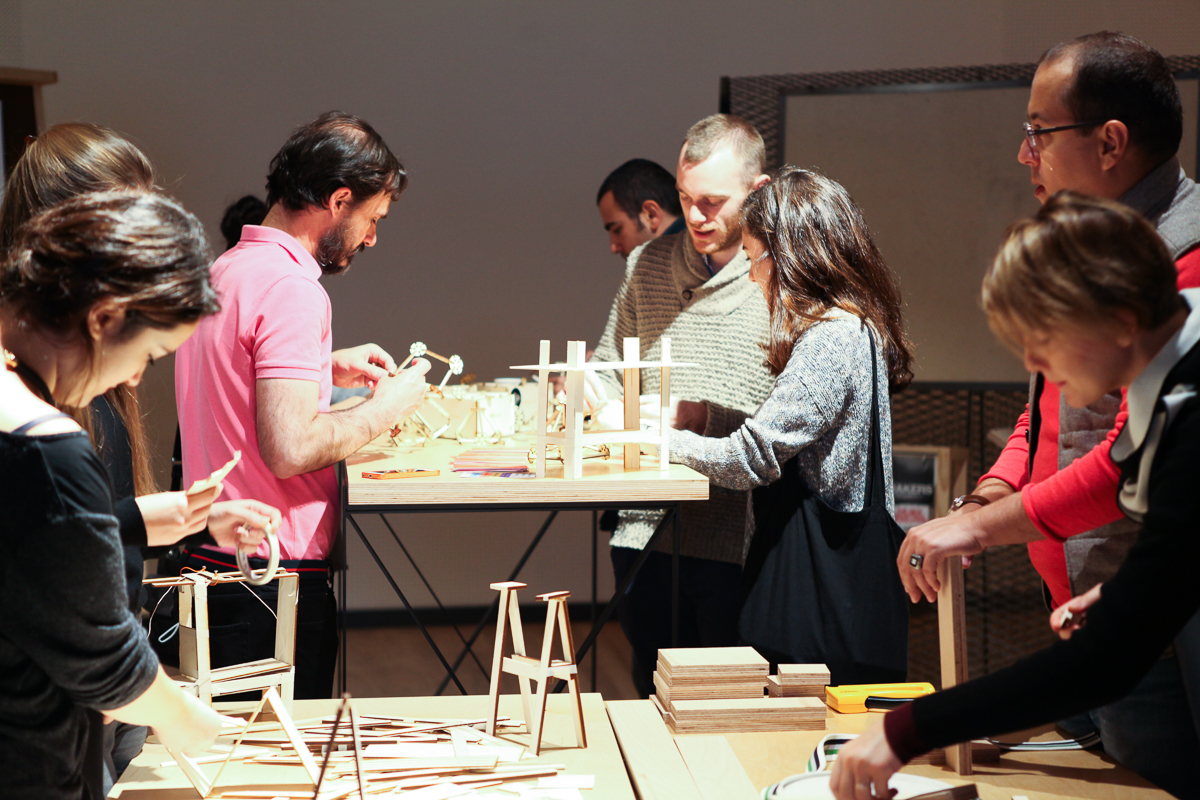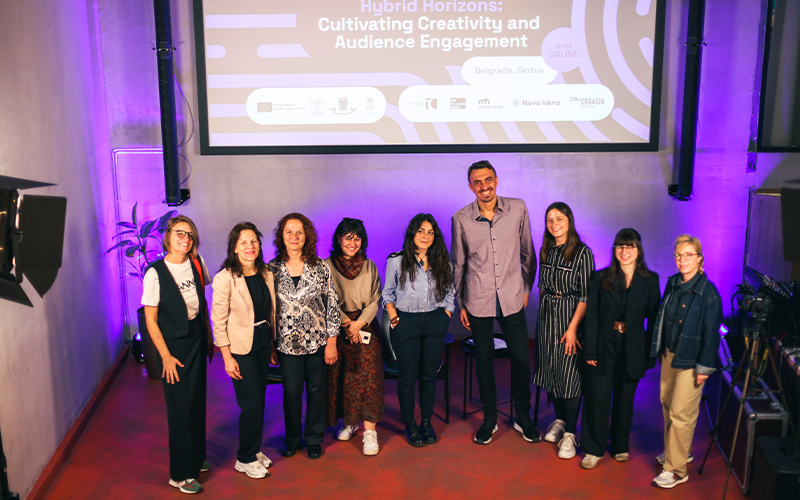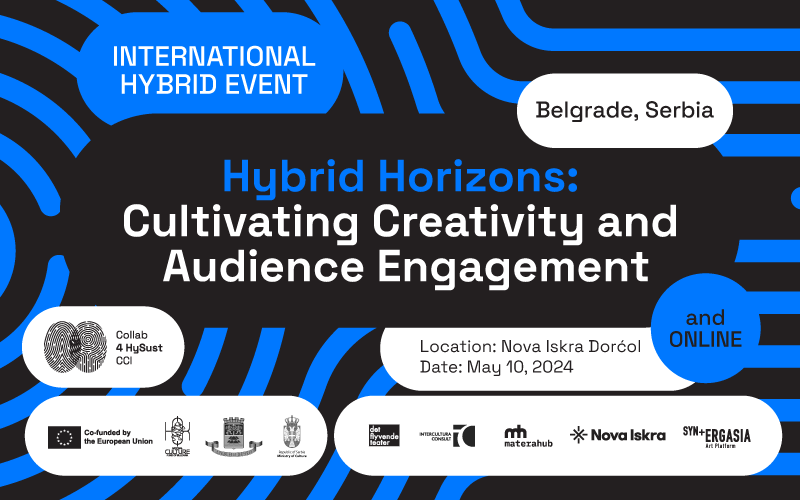Join us for the Collab4HySust CCI Knowledge-Sharing Session – Live from Greece and Online
The final knowledge-sharing session of Collab 4 HySust CCI will be held in Greece and online, providing stakeholders with a platform to engage in discussions and exchange insights on sustainable practices in the cultural and creative industries (CCI).
Scheduled for the 27th and 28th of February 2025, the session will highlight the achievements of the Collab4HySust project and foster dialogue about the future of sustainability in the CCI sector. The program includes presentations, interactive discussions, and networking opportunities with industry leaders, experts, and practitioners.
- 27th February: A closed session for the project teams and mentors.
- 28th February: Open to the public. Participants can join in person in Greece or via Zoom, ensuring accessibility for all. The second day will also showcase pilot projects that embody sustainable approaches in the CCI field.
Further details about the agenda and program can be found here.
The event is hosted by Syn + Ergasia, with project partners Materahub, Intercultura Consult, Det Flyvende Teater, and Nova Iskra.
28 Feb
Friday, 28. Feb

/

Aspropyrgos / Athens, Greece









